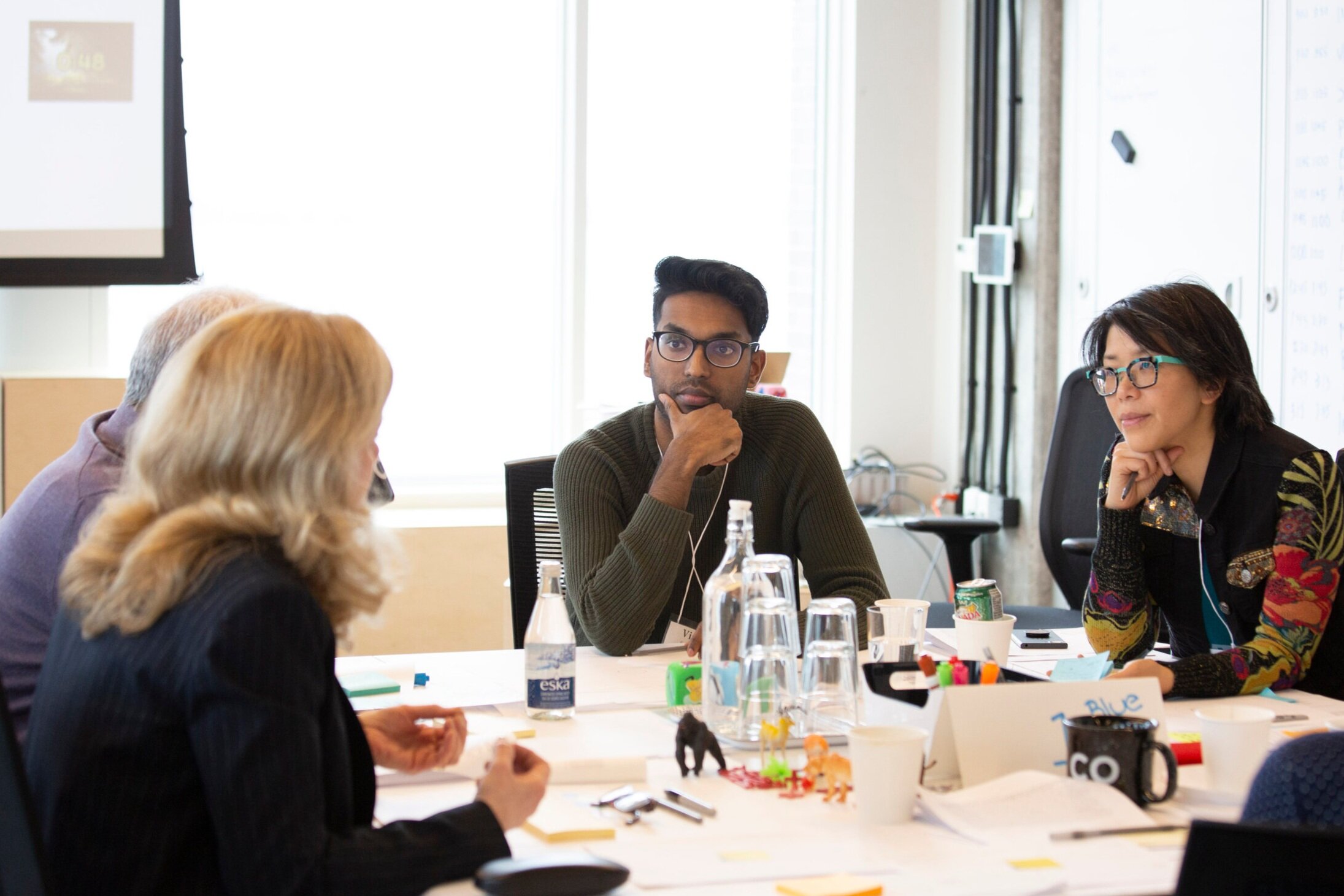
SRI graduate fellows invite submissions for 2021 Grad Workshop, “Views on Techno-Utopia”
“Views on Techno-Utopia” will bring together early career scholars in the sciences, social sciences, and humanities to follow the promises and perils of emerging technologies—particularly AI, platforms, and surveillance tech—through the lens of techno-utopianism. Learn more about the 2021 SRI Grad Workshop, including description, submission instructions, dates and deadlines, and more.
Past injustice and future harm: Deborah Hellman on the stakes of algorithmic decision-making
Deborah Hellman, professor of law at the University of Virginia, spoke at the Schwartz Reisman Institute’s weekly seminar about the ways in which algorithmic decision-making can exacerbate the already-present possibility of “compounding injustice” and “accuracy-affecting injustice.” To capture our moral intuitions in cases like this, Hellman proposes the “Anti-Compounding Injustice Principle.”
Rules for a Flat World: A Q&A with Gillian K. Hadfield
SRI Director Gillian K. Hadfield will discuss her book Rules for a Flat World as part of Rotman’s Big Ideas series. The paperback edition includes a new prologue about artificial intelligence—its risks, benefits, evolution, and regulation. In this interview, Hadfield offers insights into how we might understand, govern, and build technology that is responsive to human values.
Liberating health data in a digital world: new report details solutions to data access obstacles
Privacy legislation has been instrumental in protecting data rights and data privacy in an increasingly data-driven world. But healthcare is a sector in which increased access to data could have major public benefits—for researchers, patients, and others. Learn more in a new report from the Schwartz Reisman Institute and Diabetes Action Canada on liberating Ontario’s health data for a digital world.
How do cities manage change? Experts size up challenges in municipal governance
The pace of change in cities—technological, social, economic—seems to speed up day by day, posing challenges to municipal government structures established in different times. More than 50 experts from academia, government, non-profits, and the private sector gathered for four working sessions to find solutions to crucial problems cropping up in city governance.






